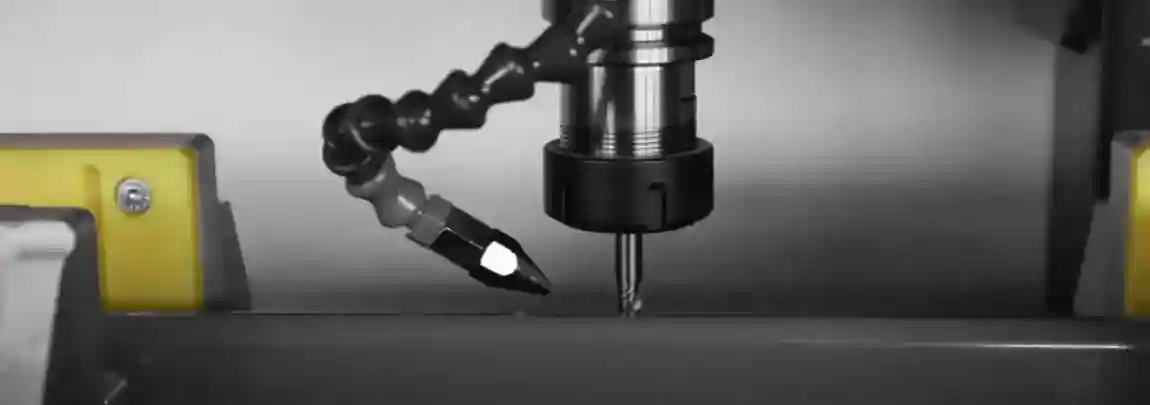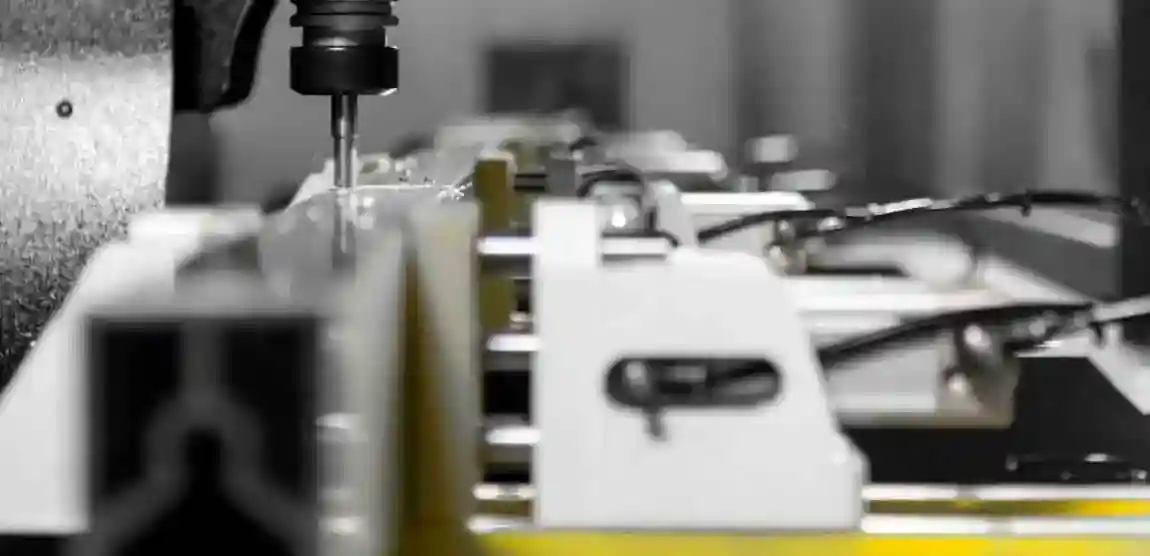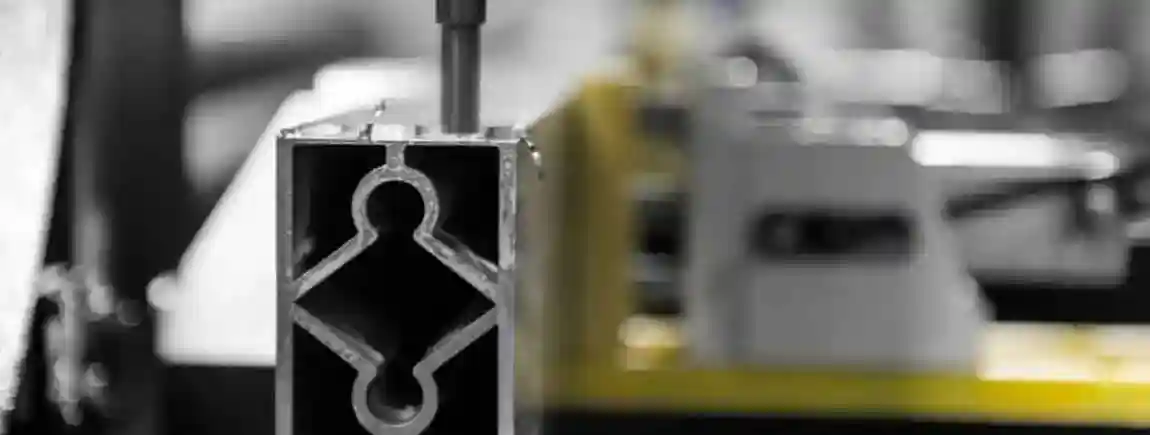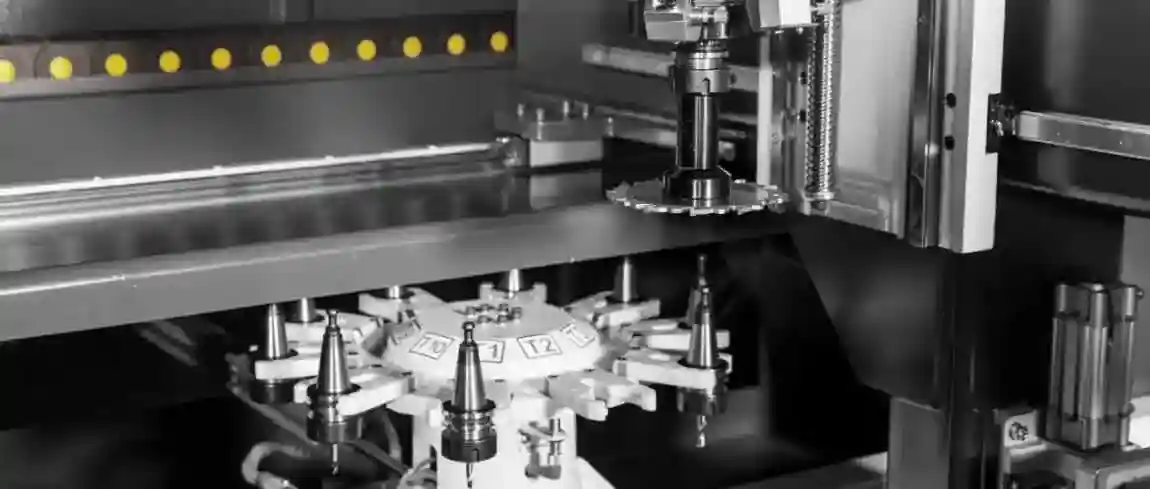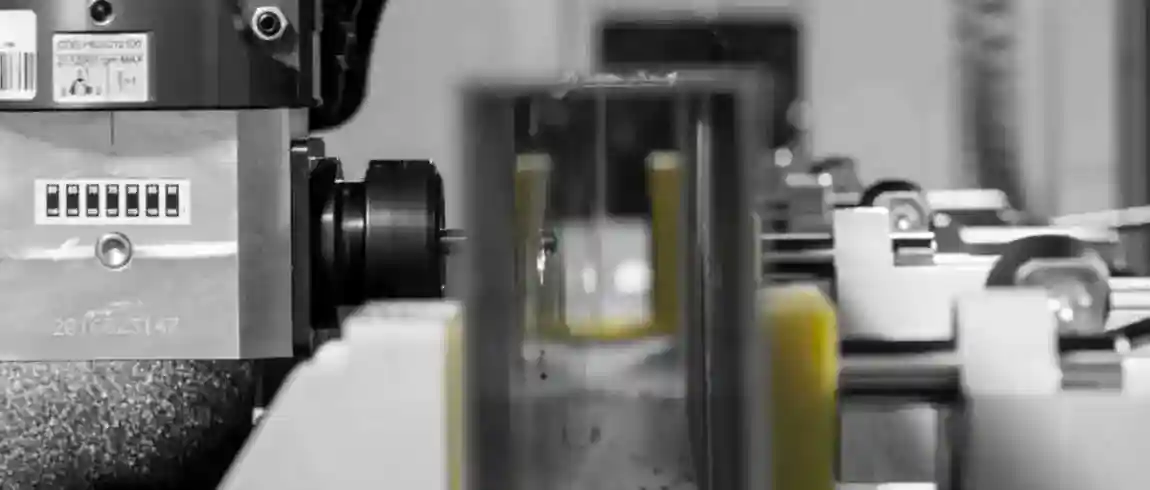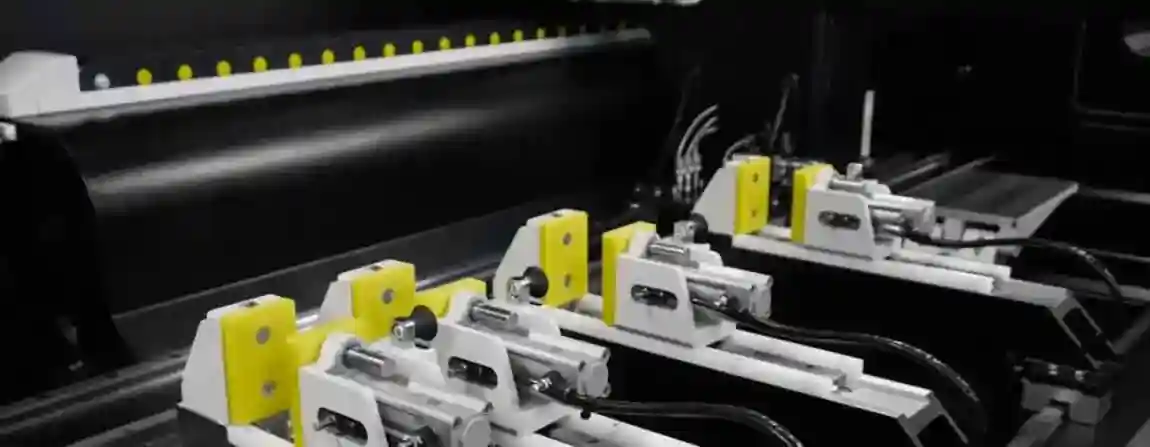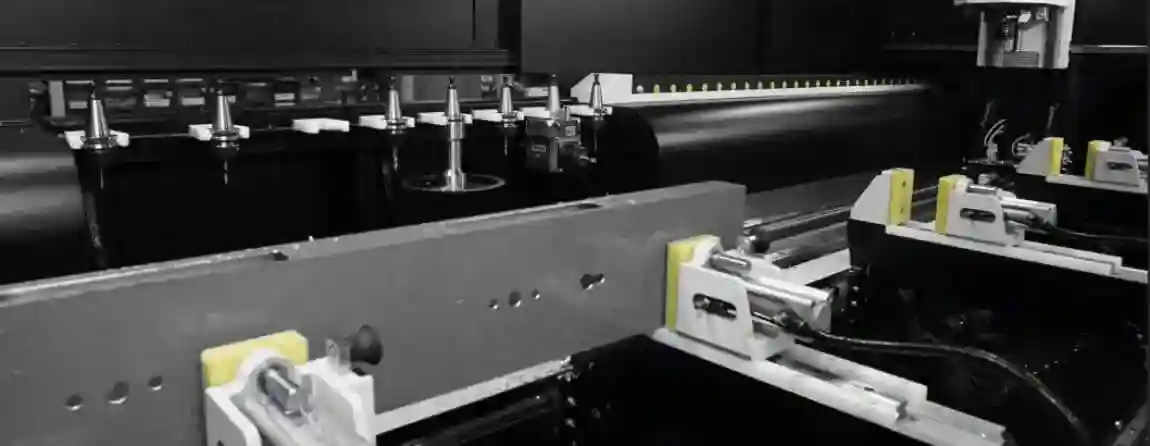-

Company
Product
ALUMINIUM MACHINES
PORTABLE MITER SAWS FOR ALUMINUM
PORTABLE COPY ROUTER MACHINES FOR ALUMINIUM
PORTABLE END MILLING MACHINES FOR ALUMINIUM
AUTOMATIC MITER SAWS FOR ALUMINIUM
COPY ROUTER MACHINES FOR ALUMINIUM
END MILLING MACHINES FOR ALUMINIUM
ALUMINUM CORNER CRIMPING MACHINE
DOUBLE MITRE SAWS FOR ALUMINIUM
AUTOMATIC SAWS FOR ALUMINIUM
BAR PROCESSING CENTERS
MACHINING CENTERS FOR ALUMINIUM COMPOSITE PANELS
NOTCHING SAWS
WEDGE CUTTING SAWS AND NOTCH CUTTING SAWS
MITER SAWS FOR ALUMINIUM
PVC PLASTIC MACHINES
PORTABLE MITER SAWS FOR PLASTIC
PORTABLE COPY ROUTER MACHINES FOR PLASTIC
PORTABLE END MILLING MACHINES FOR PLASTIC
MITER SAWS FOR PLASTIC
COPY ROUTERS FOR PLASTIC
END MILLING MACHINES FOR PLASTIC
WELDING MACHINES FOR PLASTIC
CORNER CLEANING MACHINES FOR PLASTIC PROFILES
DOUBLE MITRE SAWS FOR PLASTIC
BAR PROCESSING CENTERS
GLAZING BEAD SAWS
AUTOMATIC MITRE SAWS FOR PLASTIC
METAL MACHINES
MANUAL METAL SHEET BENDING MACHINE
MANUAL BENDING MACHINES
HYDRAULIC BENDING MACHINES
NON MANDREL BENDERS
PLATE BENDING MACHINES
BORDERING AND TRIMMING MACHINES
HORIZONTAL PRESSES
BELT GRINDING MACHINES
PIPE NOTCHING MACHINES
PIPE POLISHING MACHINES
LASER CUTTING MACHINES
PRESS BRAKES
VERTICAL TURNING CENTERS
MACHINING CENTERS
WOOD MACHINES
GLASS MACHINES
ROBOTICS SPECIAL MACHINERY
Service
Blog
Contact
Blog
- Home
- Blog
- WINDOW MACHINERY
- ALUMINIUM WINDOW MACHINERY MANUFACTURERS
ALUMINIUM WINDOW MACHINERY MANUFACTURERS
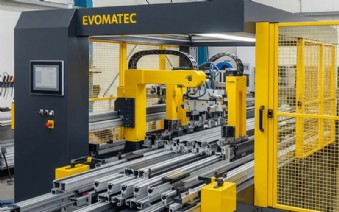
Aluminium Window Machinery Manufacturers – The Complete Guide for Buyers and Industry Professionals
Introduction
The global fenestration industry continues to grow, with aluminium windows becoming one of the most popular choices for residential, commercial, and industrial projects. Aluminium profiles are valued for their durability, modern appearance, and energy efficiency. To meet this demand, aluminium window machinery manufacturers play a vital role by supplying advanced equipment that ensures precision, speed, and cost efficiency in window production. This guide explores the industry in detail, covering the types of machinery available, how manufacturers operate, market trends, pricing, and the key factors to consider when selecting a trusted supplier.
What is Aluminium Window Machinery
Aluminium window machinery refers to specialized equipment used in the production of aluminium windows and doors. These machines process aluminium profiles through cutting, drilling, milling, welding, and assembly operations to create high-quality finished products.
The most common machines include:
-
Cutting machines such as single head and double head saws, capable of precision cuts at different angles
-
Copy routers for handle, lock, and hinge preparation
-
Corner crimping machines to assemble frame corners without welding
-
End milling machines for profile shaping and finishing
-
CNC machining centers for drilling, milling, and slotting in multiple axes
-
Glass bead saws and assembly equipment for glazing units
-
Complete automatic production lines for high-volume manufacturers
Each machine type plays a specific role in ensuring accuracy, reducing waste, and optimizing production speed.
The Role of Aluminium Window Machinery Manufacturers
Manufacturers of aluminium window machinery are responsible for designing, engineering, and delivering advanced machines that meet industry standards. Their role goes beyond production; they also provide after-sales support, training, installation, and spare parts. A strong manufacturer is a long-term partner for window producers, ensuring machines remain efficient and competitive over many years.
Key Qualities of Leading Manufacturers
-
Technical expertise – proven experience in developing machinery specifically for aluminium window and door production.
-
Wide product range – from basic machines to fully automated CNC lines.
-
Innovation – investment in research and development to integrate new technologies such as servo drives and Industry 4.0 connectivity.
-
Global service networks – the ability to provide support, spare parts, and training across international markets.
-
Customization – machines tailored to customer requirements, including profile dimensions and specific production needs.
-
Compliance with standards – adherence to international safety and quality standards.
Benefits of Working with Established Manufacturers
-
Reliable and durable machines designed for long-term operation
-
Access to technical knowledge and guidance
-
Availability of original spare parts and accessories
-
Training programs for machine operators
-
Options for upgrading or expanding production lines
-
Strong warranty and service agreements
Pricing and Cost Factors
The price of aluminium window machinery varies significantly depending on several factors:
-
Type of machine: a simple end milling machine is less expensive than a full CNC machining center.
-
Automation level: semi-automatic models are more affordable, while fully automated lines require higher investment but improve efficiency.
-
Production capacity: machines designed for large-scale manufacturing are priced higher but reduce unit costs in mass production.
-
Technology: advanced features such as digital control systems, servo drives, and automated feeding systems increase price but also productivity.
-
After-sales service: the cost of maintenance, spare parts, and training must be factored into the total cost of ownership.
Global Market Trends
The market for aluminium window machinery is shaped by construction growth, demand for energy-efficient buildings, and the rising popularity of modern architectural designs. Key trends include:
-
Growing demand for automatic CNC machining centers for aluminium profiles
-
Increased focus on energy-saving and eco-friendly technologies
-
Rising competition among manufacturers in Asia, Europe, and the Middle East
-
Integration of digital monitoring and Industry 4.0 systems for real-time production data
-
Modular production lines that allow flexibility and expansion
How to Select the Right Manufacturer
-
Evaluate product portfolio: ensure the manufacturer offers all required machine types.
-
Check references: ask for case studies or customer reviews.
-
Service and support: confirm the availability of training, maintenance, and spare parts in your region.
-
Technology level: choose a manufacturer that integrates modern automation and software.
-
Price comparison: request multiple offers to identify the best price-performance ratio.
-
Partnership approach: look for a company that provides consultation and long-term cooperation.
Benefits of Aluminium Window Machinery in Production
-
High precision in cutting and assembly
-
Reduced labor costs and minimized errors
-
Faster production cycles to meet growing demand
-
Consistent quality of windows and doors
-
Flexibility for different designs and architectural requirements
-
Improved competitiveness in the global construction market
Conclusion
Aluminium window machinery manufacturers are essential partners for any company involved in window and door production. By supplying innovative, reliable, and cost-effective machines, they enable manufacturers to meet market demands efficiently. Choosing the right manufacturer involves careful evaluation of machine quality, service availability, pricing, and technology. With the right partnership, window producers can secure long-term success and stay competitive in an evolving industry.
- aluminium window machinery manufacturers
- aluminium window machine manufacturer
- aluminium profile machining equipment suppliers
- automatic aluminium window machinery
- aluminium window fabrication machinery
- aluminium window production line manufacturer
- aluminium profile cutting machine manufacturer
- aluminium window equipment supplier
- aluminium window cnc machine manufacturer
- aluminium window and door machinery manufacturers
 GERMANY
GERMANY ENGLISH
ENGLISH FRANCE
FRANCE SPAIN
SPAIN PORTUGAL
PORTUGAL

